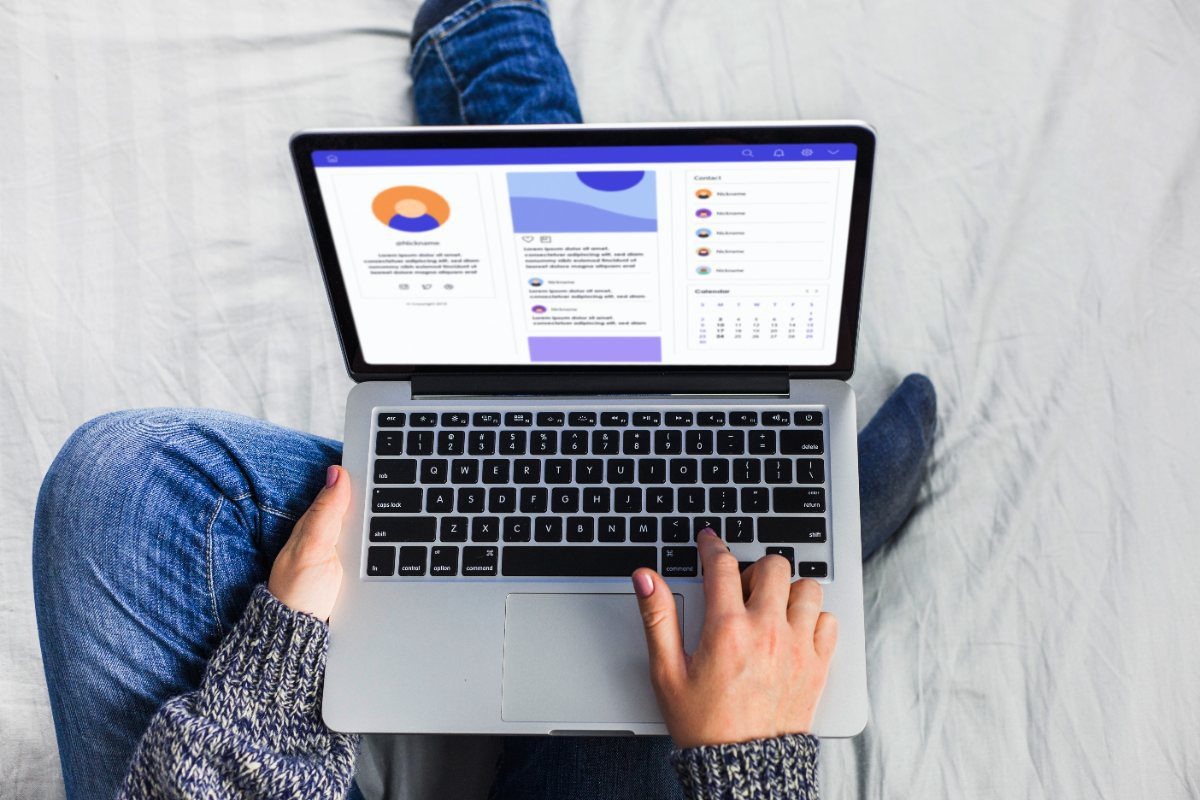Managing finances is one of the most critical tasks for any business. Yet, handling accounting manually with spreadsheets or paper records can lead to mistakes, inefficiencies, and wasted time. Accounting software provides an automated solution to manage your business’s financial operations, making it easier to stay on top of your books, meet tax deadlines, and gain better insights into your financial situation.

1. What Is Accounting Software?
Accounting software is a digital tool that helps businesses track and manage their financial transactions. It automates processes like invoicing, expense tracking, and financial reporting, providing you with a comprehensive view of your company’s financial health. Whether you're managing cash flow, preparing for tax season, or generating financial reports, accounting software can simplify these tasks, allowing you to focus on growing your business.
2. Key Benefits of Accounting Software
-
Accuracy and Reduced Errors: Manual accounting processes are prone to human error. Accounting software minimizes mistakes by automating calculations and maintaining accurate records of all transactions.
-
Time Efficiency: With features like automated invoicing, expense tracking, and payroll management, accounting software saves valuable time, enabling you to spend more time running your business rather than dealing with administrative tasks.
-
Tax Compliance: Many accounting software programs come with built-in tools to help you stay compliant with tax laws. The software can generate the necessary reports, track tax deductions, and even prepare tax forms, so you avoid penalties for missed deadlines or incorrect filings.
-
Real-Time Financial Insights: Accounting software provides up-to-date financial data, helping you make informed decisions. By monitoring cash flow, tracking profits and losses, and generating balance sheets, you can ensure your business remains financially healthy.
-
Scalability: As your business grows, your accounting needs will become more complex. Accounting software is designed to scale with your business, allowing you to add new users, handle multiple transactions, and accommodate growing financial demands.
3. Key Features to Look for in Accounting Software
When choosing accounting software for your business, consider the following features:
-
Invoicing and Billing: The ability to create and send professional invoices, track payments, and set up recurring billing for subscription-based services.
-
Expense Tracking: Automated tracking of business expenses, helping you categorize and organize costs for easy reporting.
-
Bank Reconciliation: The ability to sync your bank accounts with the software, ensuring that your bank statements match your financial records.
-
Tax Management: Tools to calculate sales tax, generate tax reports, and file taxes directly from the software.
-
Payroll Management: Some accounting software includes payroll features, allowing you to calculate employee wages, deductions, and generate pay slips automatically.
-
Financial Reporting: Comprehensive reports like profit and loss statements, balance sheets, and cash flow reports, which provide valuable insights into the financial status of your business.
4. How to Choose the Right Accounting Software
-
Understand Your Needs: Consider the size and complexity of your business. If you're a small business with basic needs, a simpler solution may suffice. If you're managing inventory, tracking multiple revenue streams, or handling payroll, you'll need a more robust system.
-
Budget Considerations: There are various pricing models, including subscription-based or one-time fees. Look for software that offers a good balance between features and cost, and be sure to account for any hidden fees, like support or upgrades.
-
Ease of Use: Accounting software should be user-friendly, even if you’re not a financial expert. A clean interface, intuitive navigation, and customer support are essential for smooth use.
-
Customer Support and Training: Make sure the software offers reliable customer support, such as phone, chat, or email support. Some software also provides tutorials or training resources to help you get the most out of the system.
-
Integration with Other Tools: Many accounting software programs can integrate with other business tools like CRM systems, eCommerce platforms, and payment processors. This integration streamlines operations and ensures all your financial data is in one place.
5. How to Get Started with Accounting Software
-
Data Migration: If you're transitioning from spreadsheets or manual systems, take time to import your historical financial data into the new software to ensure continuity.
-
Set Up Your Chart of Accounts: The chart of accounts is the backbone of your accounting system, and setting it up correctly ensures that transactions are categorized properly for accurate reporting.
-
Train Your Team: If you have a team involved in accounting or financial management, make sure they understand how to use the software effectively. Many providers offer tutorials or customer support to assist in training.
Final Thoughts
Investing in accounting software is one of the best decisions you can make to streamline your business’s financial management. It offers a range of benefits, including increased accuracy, efficiency, and real-time insights into your financial performance. By choosing the right software based on your needs and business size, you can save time, stay compliant with tax laws, and focus on growing your business. Whether you're just starting or looking to upgrade your current system, accounting software is an essential tool for every business owner.





